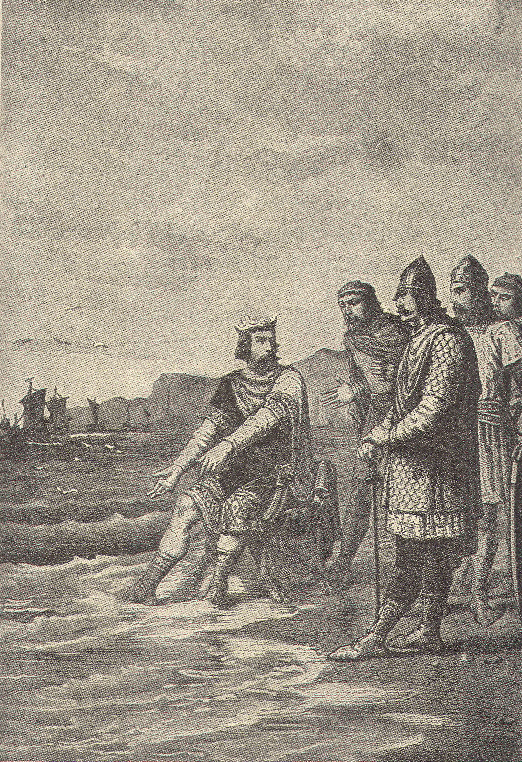
Antifragility: The Tides of Change
Antifragility is a property of systems that increase in capability to thrive as a result of stressors, shocks, volatility, noise, mistakes, faults, attacks, or failures. e.g highly connected communities: an association of associations. Likewise, fragility is defined as a concave sensitivity to stressors, leading to a negative sensitivity to an increase in volatility. e.g. highly centralised, bureaucratic institutions.
Pandemics such as COVID-19 require more than fortitude (resilience); they require adaptability and enhancement of the very community that they are stressing.
Europe’s and USA’s brittle responses to the coronavirus are grim reminders of how limited the cult of “the Big Man” is in general, but especially in the face of such shocks. Much more useful is the anecdotal story of King Canute (Cnut the Great) and the tide. The story is usually mis-told, in the incorrect version King Canute, king of Denmark, England and Norway, is depicted as trying to stop the tide in vain, much as many Western leaders have endeavoured to stop the pandemic.
Although the story is apocryphal, the correct (original) version by Henry of Huntingdon provides us with a perfect moral tale for our time. In this version, King Canute had his throne placed by the seashore, and in an effort to teach his courtiers about the limits of his power, commanded the tide to halt and not wet his feet or robes, illustrating the limits of his power in the face of nature.
Canute-like wisdom is seeming in short supply at the moment. However, across the world, there are examples worth learning from with regards how best to accept the fragility of institutional responses and to re-organise societies to adapt to the pandemic and nurture antifragility. Institutions seek to tame nature. Confident, connected Communities re-wild.
The question yet to be asked in most jurisdictions though is: what can be done to cultivate rewilding and antifragility? I would contend that this is the question that must be brought to the fore in the coming weeks and months. As we saw in March and April of this year, as the fragility of the institutions became manifest, in a hydraulic-like effect, the antifragility of communities was simultaneously made visible. It was as though, as the institutional systems hit the limits of their capacities and started to recede, communities got into their stride and started to ascend, taking on functions that previously were the sole responsibility of organizations.
The first responders in those months were citizens, the front lines were their communities. This has always been the case, across the long arc of human history in face of significant shocks. More recently in response to epidemics and pandemic, community participation, not passive community compliance has been the difference that has made the difference. Indeed while therapeutics are improving all the time in relation to COVID-19 and no doubt a vaccine(s) will come in due course, even then, with the best of interventions, community responses will remain critical in the face of this and other viruses.
When the tide breeches institutional barriers and overwhelms organizational capacities we are left with three clear choices:
- Try swimming, but risk drowning, especially for those least able to swim. (Reckless)
- Take shelter in a place that is physically distant from the sea until the tide subsides, and maintain equanimity. (Resilient)
- Adapt to the changing situation and build vessels that enable us all to flourish forward fairly. (Antifragile)
It is likely that with regards to the current pandemic, that we are facing a reckoning that requires us to adjust to a pandemic conscious future. That being the case my belief is that option.3. is the best of all possibilities. It is worth remembering though as we adjust to such a future, that the Titanic was built by experts, and the fabled Arc was built by amateurs.
The institution will not hold back the tide, nor will communities, but institutions can support communities to reorganise and nurture antifragility. And that community renewal effort must begin now, not post COVID-19.
Cormac Russell
